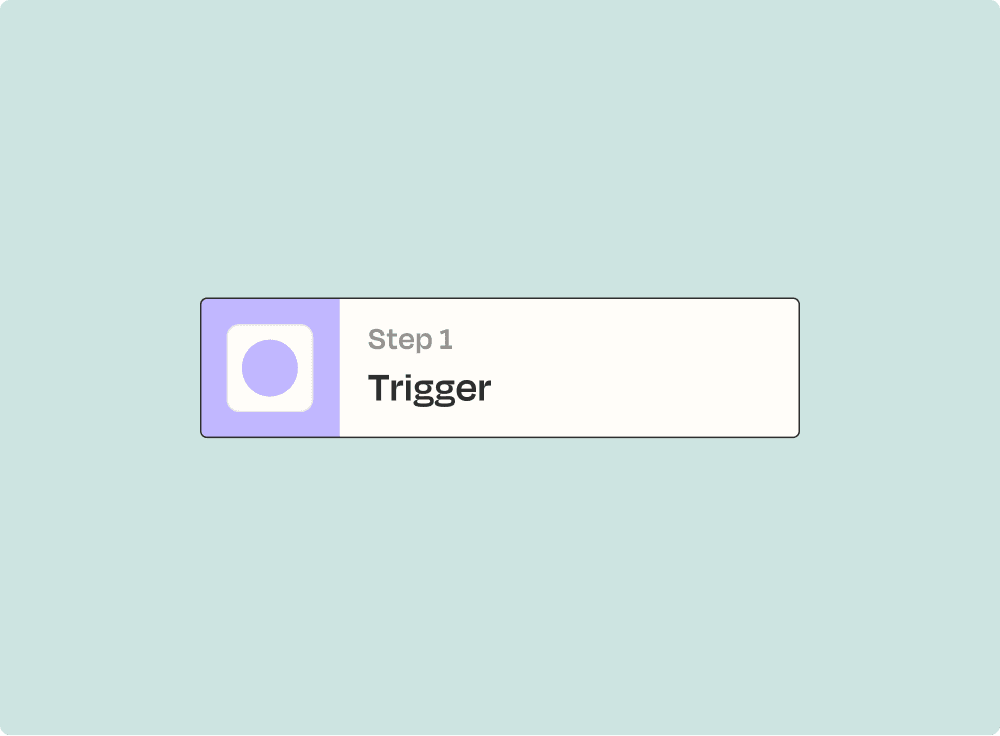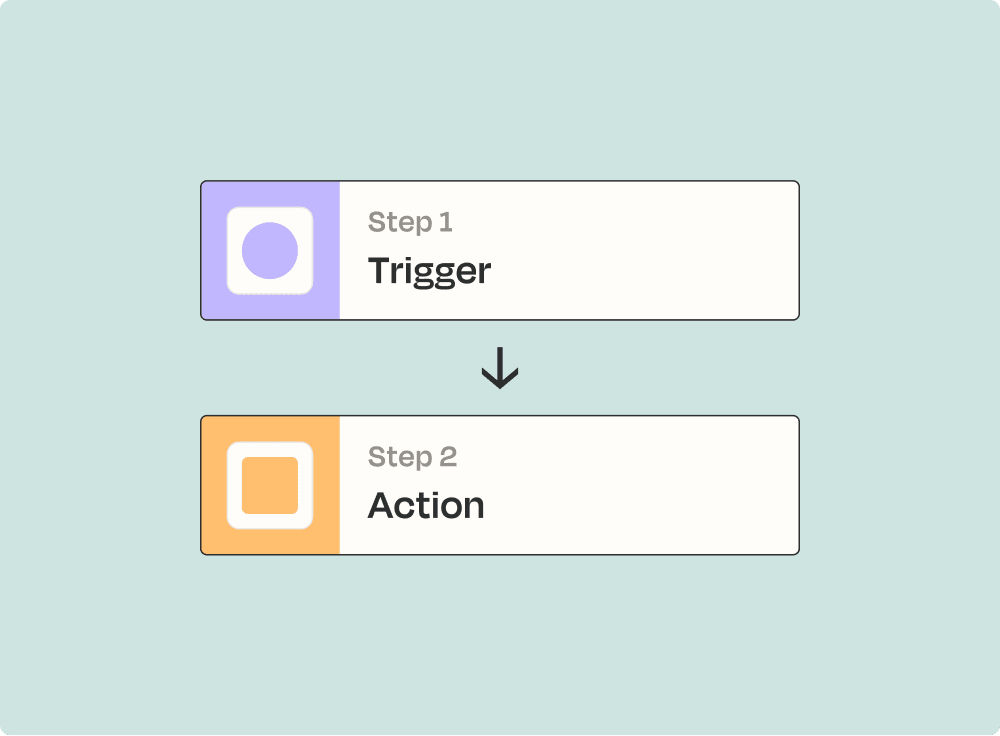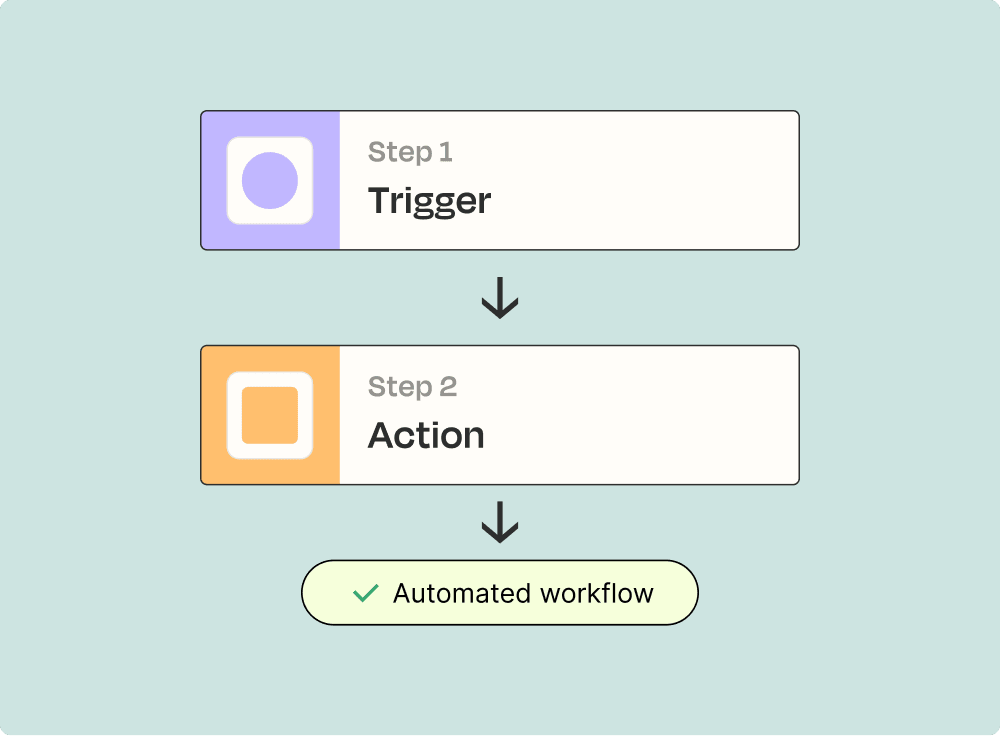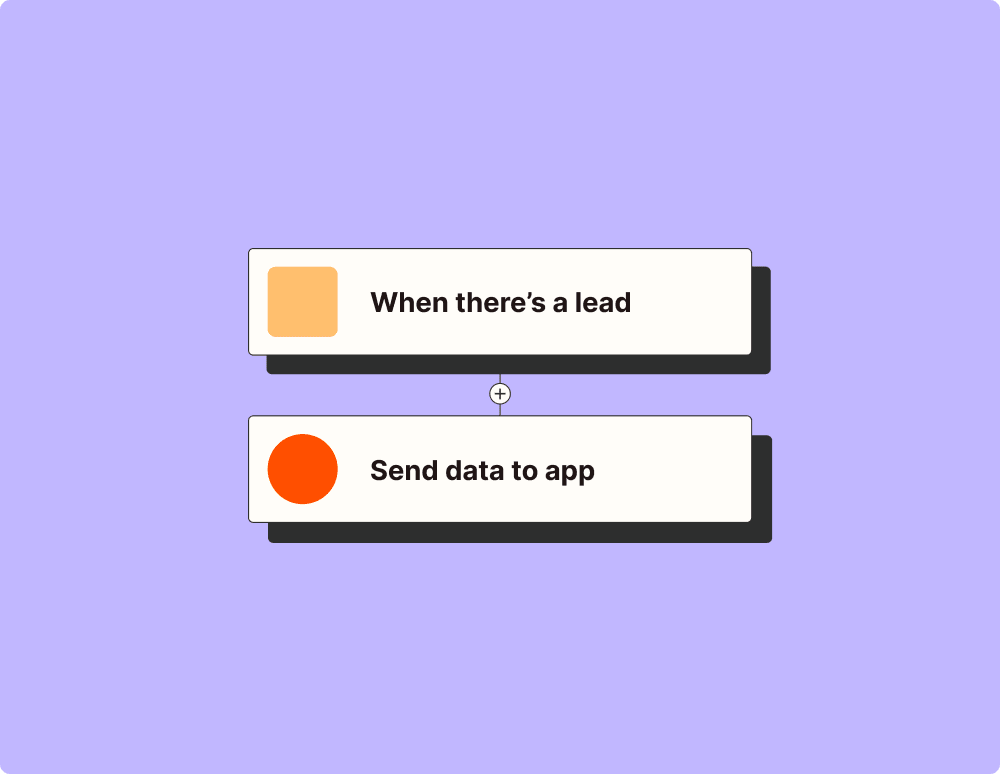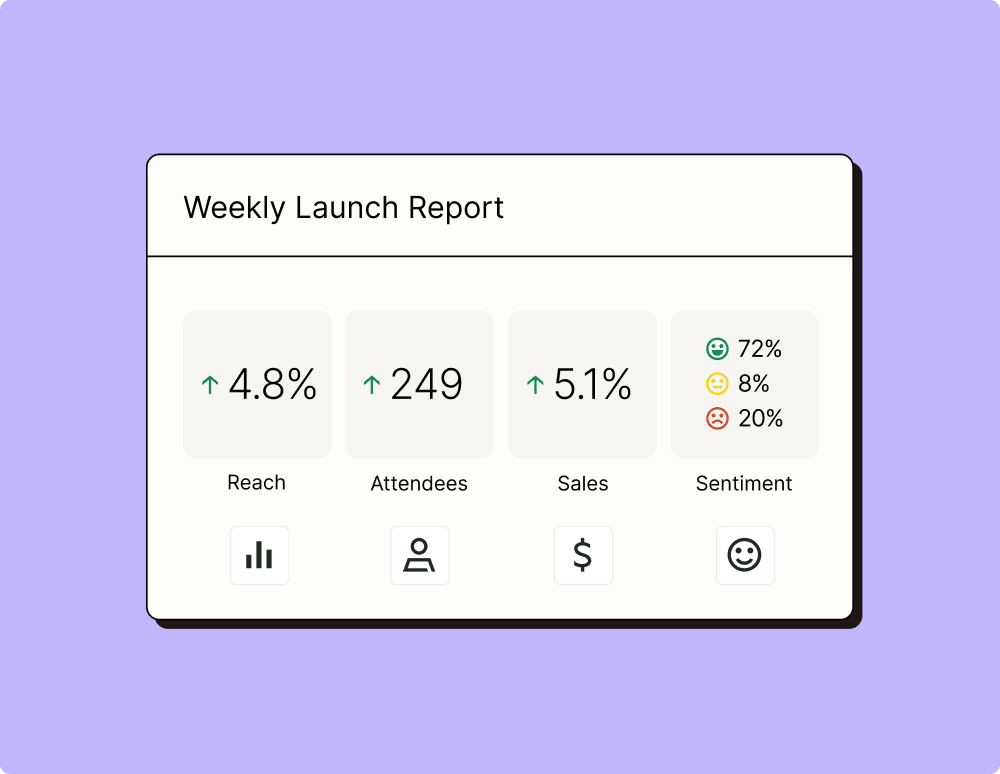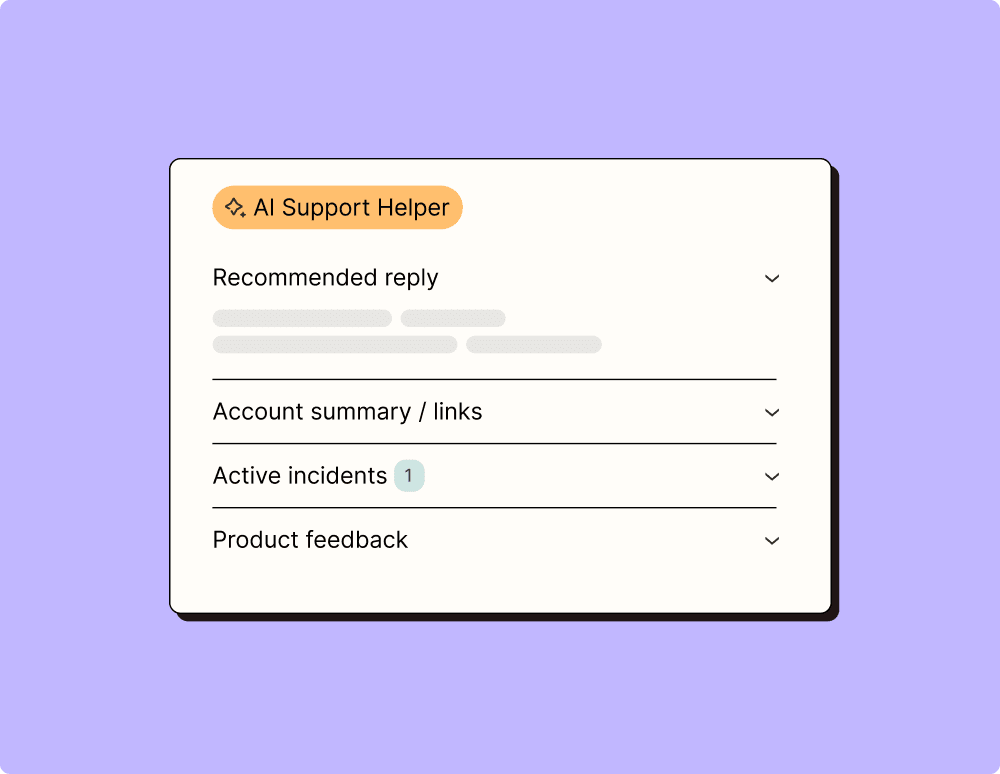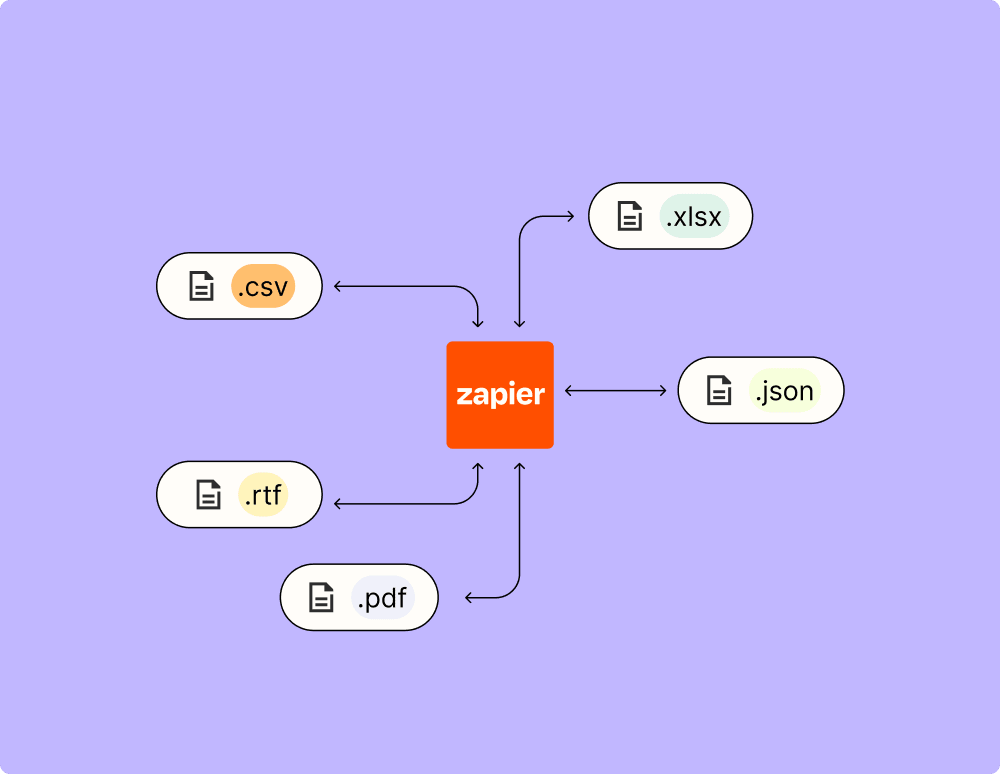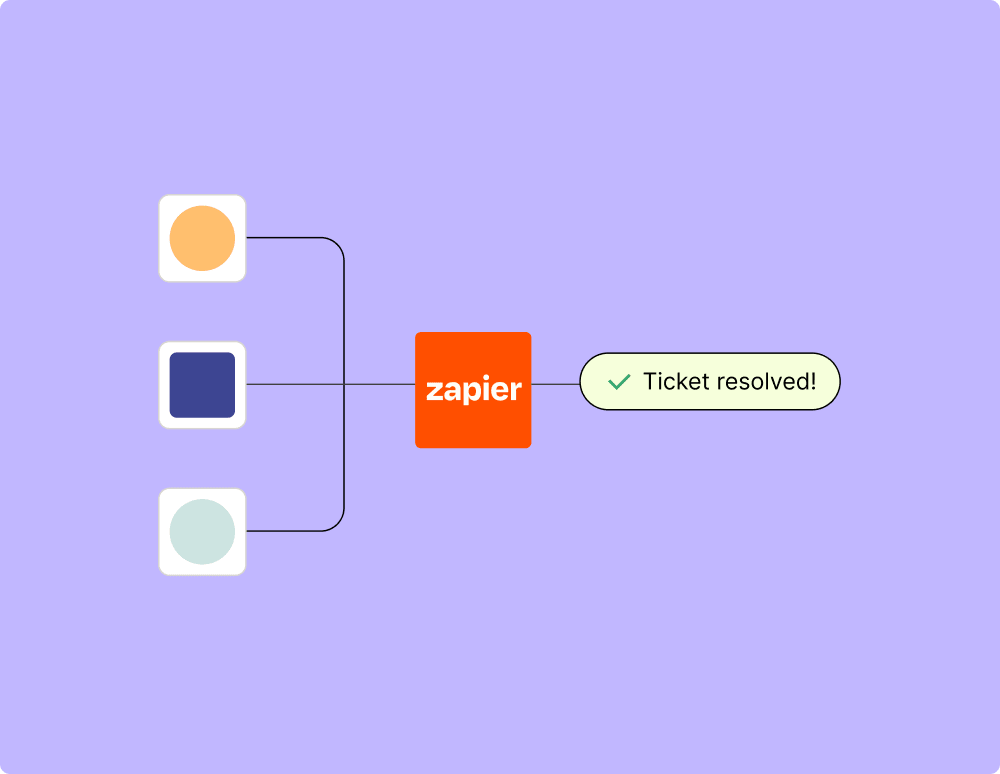Connect QuickBooks Online and Webhooks by Zapier to unlock the power of automation
- No credit card required
- Free forever for core features
- 14-day trial for premium features and apps
Set up your first integration
Quickly connect QuickBooks Online to Webhooks by Zapier with a Zapier template.
Our most popular template

How Zapier works
Zapier makes it easy to integrate QuickBooks Online with Webhooks by Zapier - no code necessary. See how you can get setup in minutes.
Zapier is the automation platform of choice for 87% of Forbes Cloud 100 companies in 2023
93%
Customers who say using Zapier has made them better at their job
25m
Customers have created over 25 million Zaps on the platform
6 mins
The average user takes less than 6 minutes to set up a Zap
Frequently Asked Questions about QuickBooks Online + Webhooks by Zapier integrations
New to automation with Zapier? You're not alone. Here are some answers to common questions about how Zapier works with QuickBooks Online and Webhooks by Zapier
How do I set up QuickBooks Online to work with Webhooks by Zapier?
To integrate QuickBooks Online with Webhooks by Zapier, start by selecting QuickBooks Online as your trigger app in Zapier. Choose a specific trigger event, such as "New Invoice" or "New Payment." Then, connect your QuickBooks Online account to Zapier. For the action step, select Webhooks by Zapier and configure the webhook's URL and payload format based on your specific needs.
Can I use Webhooks by Zapier for real-time updates in QuickBooks Online?
Yes, with Webhooks by Zapier, you can receive real-time updates from QuickBooks Online. When setting up your trigger in Zapier from QuickBooks, such as when a new customer is created or an invoice is paid, the webhook can instantly send this information to any designated URL for real-time processing.
What kind of data can be transferred using the integration between QuickBooks Online and Webhooks by Zapier?
With the integration set up, you can transfer various types of data from QuickBooks Online via webhooks. This includes invoicing details like invoice creation or updates, payment receipts when payments are recorded, customer details whenever there are changes or additions, and more.
Do I need technical skills to integrate QuickBooks Online with Webhooks through Zapier?
While basic technical skills help understand how webhooks work, our platform is designed to enable integrations without needing extensive coding knowledge. With predefined triggers like 'New Invoice' or 'Updated Invoice' in our interface, setting up connections is straightforward even for users unfamiliar with web development.
How secure is the data transfer when integrating QuickBooks Online with Webhooks via Zapier?
We prioritize security in all integrations. Data transferred between QuickBooks Online and external services through webhooks adheres to industry-standard encryption protocols both during transmission and at rest within our systems.
Can I customize the payload sent to a webhook from QuickBooks Online via Zapier?
Yes, when setting up your action step in the integration flow using Webhooks by Zapier, you have options to customize the payload format and content to match the requirements of your receiving application or endpoint.
Are there limits on how many operations I can perform using QuickBooks and Webhooks through Zapier?
Certain limits might apply based on your pricing plan with both us (Zapier) and Intuit's terms for API usage. It's important to check these limits if you plan on performing a large number of operations frequently as part of this integration setup.
Supported triggers and actions
Zapier helps you create workflows that connect your apps to automate repetitive tasks. A trigger is an event that starts a workflow, and an action is an event a Zap performs.
